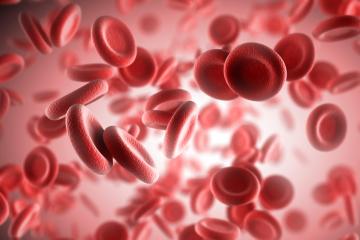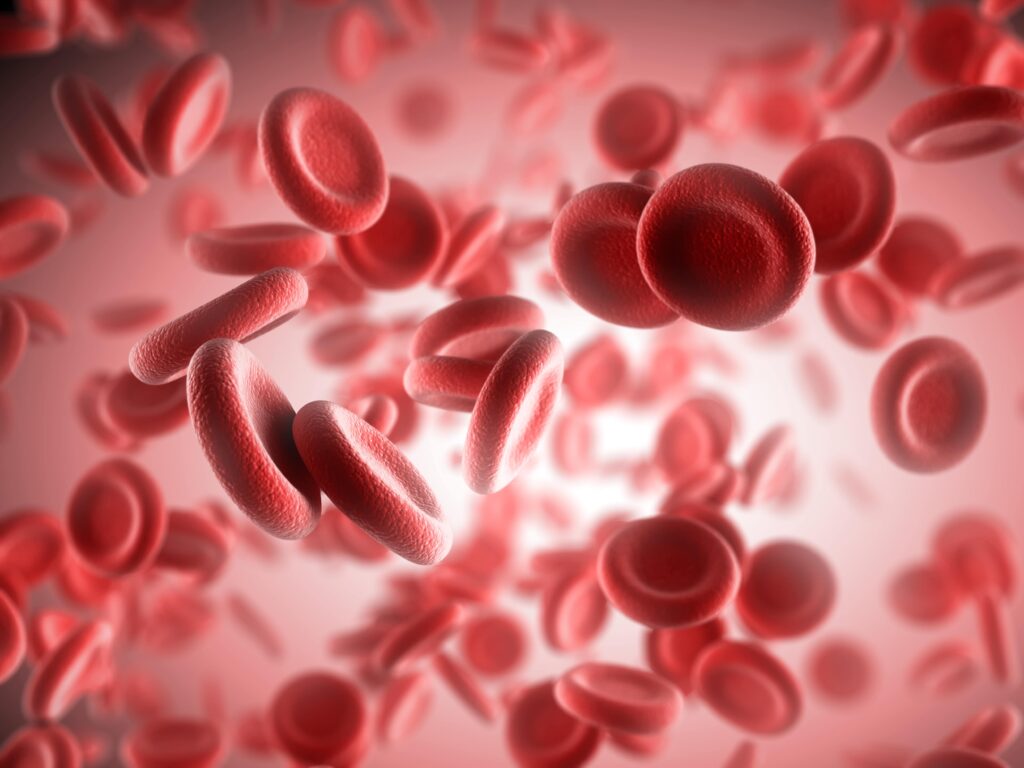




Blood type!

Each of us has a distinct blood type. We are familiar with the designations: A, B, O, for example. You will also see a plus or minus sign after your blood type: for example, A+ or O-. This is known as your “Rhesus Factor”, and it shows whether there is a certain protein or “antigen”, called the Rhesus Factor or D antigen, on the surface of your red blood cells. If you have the Rhesus Factor or D antigen, you are said to be “Rh Positive”; if you do not have it, you are “Rh Negative”. It doesn’t seem to matter whether you have it or not: there are no clear health problems associated with either condition. It is important to know, however, because if you ever need a transfusion, you must receive a compatible blood type. Our body’s immune system reacts to “foreign invasion”, by bacteria or viruses or other pathogens and generally any substance it does not recognize. It mounts a defense against them – seeking out the intruders and destroying them. The immune system of a person with Rh Negative blood has never seen the D antigen and so considers it a threat and attacks it. It can be life-threatening if a Rh Negative person receives a transfusion of Rh Positive blood. It isn’t a danger the other way around – if a Rh Positive person receives Rh Negative blood – because there is nothing for the immune system to react to – no “foreign” antigen on the red blood cells.
